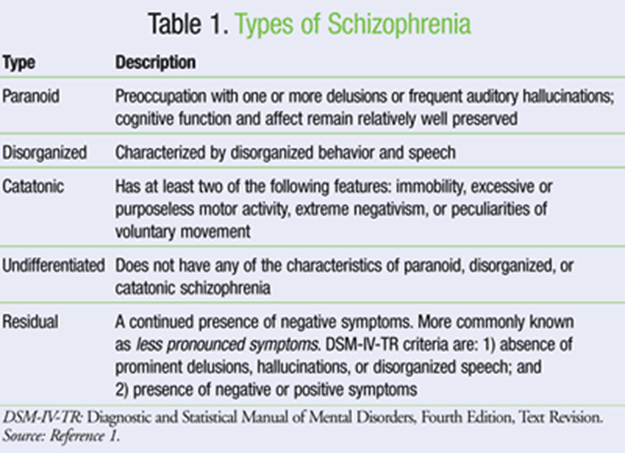A newly admitted patient is severely depressed, lost 20 pounds over the past month, and expresses hopelessness for the future. Select the priority nursing diagnosis
Risk for suicide
Risk for injury
Powerlessness
Risk for imbalance nutrition
The Correct Answer is A
A. Priority. The patient is exhibiting severe depression, weight loss, and expressing hopelessness, which are all indicators of an increased risk for suicide. Assessing and addressing the risk for suicide is crucial to ensuring the safety and well-being of the patient.
B. Incorrect. While the patient may be at risk for injury due to factors such as poor nutrition and potential self-harm, the immediate concern in this case is the risk for suicide, given the patient's severe depression and expressed hopelessness.
C. Incorrect. Powerlessness may be a relevant nursing diagnosis for individuals experiencing depression, but the immediate concern in this case is the risk for suicide. Addressing the patient's sense of powerlessness can be part of the broader care plan, but it's not the priority.
D. Incorrect. While the patient has experienced significant weight loss, the priority at this time is addressing the risk for suicide. Once the immediate safety concern is addressed, nutritional concerns can be addressed as part of the overall care plan.
Nursing Test Bank
Naxlex Comprehensive Predictor Exams
Related Questions
Correct Answer is B
Explanation
A. Use touch to calm the client during periods of anxiety:
Individuals with paranoid schizophrenia may have heightened sensitivity to touch, and it can potentially exacerbate their anxiety or paranoia. This intervention may not be appropriate as it could escalate the client's distress.
B. Check the client's mouth after the client takes medication:
This is the best choice. People with paranoid schizophrenia may be prone to hoarding or pocketing medications. Checking the client's mouth ensures that the medication has been swallowed, promoting medication adherence and preventing potential harm.
C. Rotate the staff assignments for this client:
Consistency in caregivers is generally preferred for clients with schizophrenia to build trust and a therapeutic relationship. Constantly changing staff assignments can lead to increased anxiety and mistrust.
D. Assign an assistive personnel to feed the client at meal times:
While assistance with feeding may be needed, assigning an assistive personnel without direct supervision for a client with paranoid schizophrenia may not be the best approach. It's important to ensure the client's safety and monitor their behavior during meals.

Correct Answer is B
Explanation
A. "Did you take your medicine this morning?": While medication adherence is important, this response does not directly address the client's distress or validate their experience. It may come across as dismissive.
B. "I'm sure the voices sound scary, I don't hear any voices speaking.": This response acknowledges the client's experience without confirming or denying the presence of the voices. It expresses empathy and provides reassurance, fostering a therapeutic relationship.
C. "The devil only talks to people who are receptive to his influence": This response introduces a belief system that may not align with the client's reality and could be perceived as judgmental. It's important to avoid imposing personal beliefs on clients experiencing hallucinations.
D. "You are not going to hell. You are a good person": While expressing support and reassurance is positive, making definitive statements about the client's fate or goodness may not be helpful. It's more effective to acknowledge the distress without making absolute affirmations.
Whether you are a student looking to ace your exams or a practicing nurse seeking to enhance your expertise , our nursing education contents will empower you with the confidence and competence to make a difference in the lives of patients and become a respected leader in the healthcare field.
Visit Naxlex, invest in your future and unlock endless possibilities with our unparalleled nursing education contents today
Report Wrong Answer on the Current Question
Do you disagree with the answer? If yes, what is your expected answer? Explain.
Kindly be descriptive with the issue you are facing.
